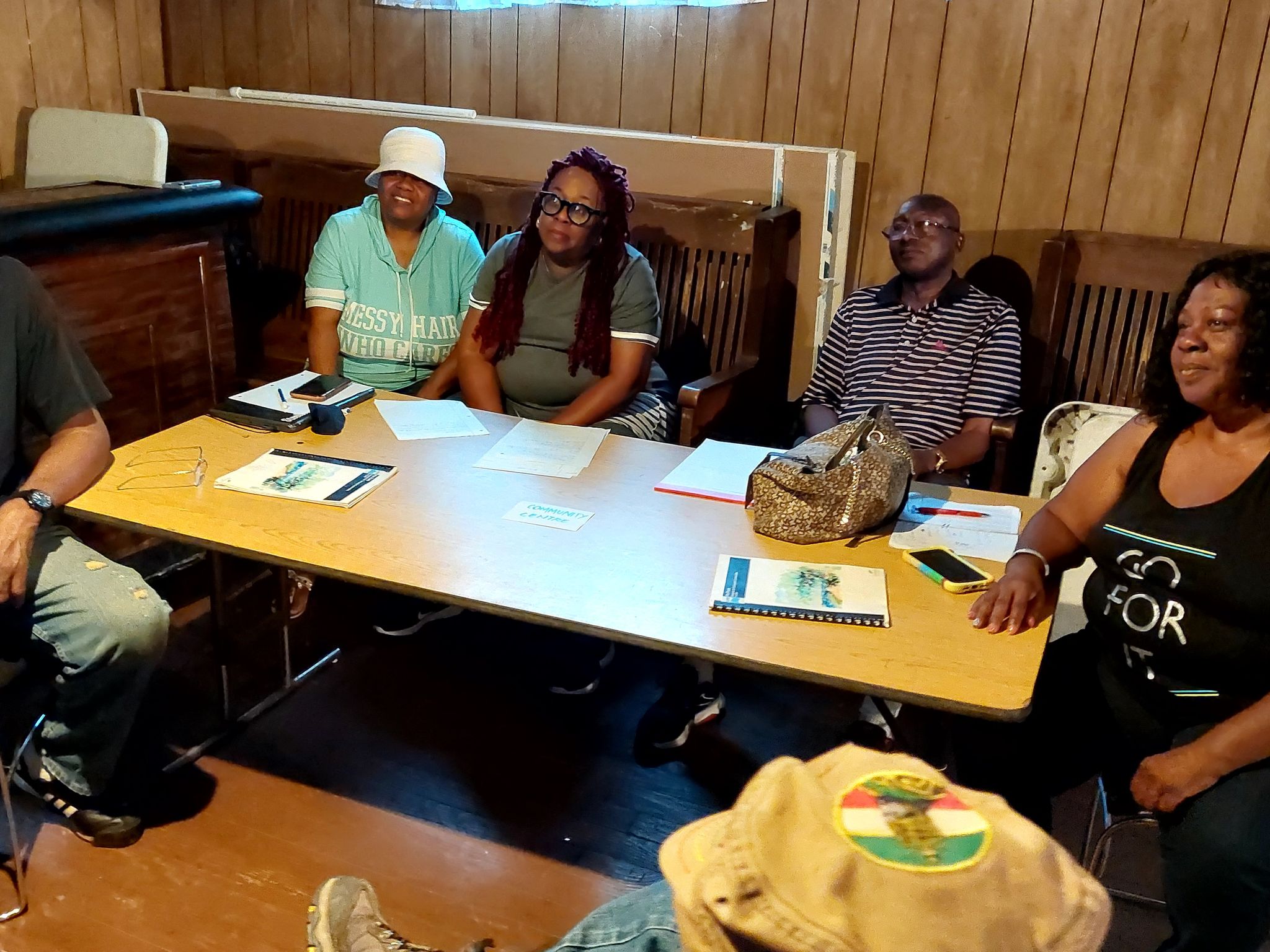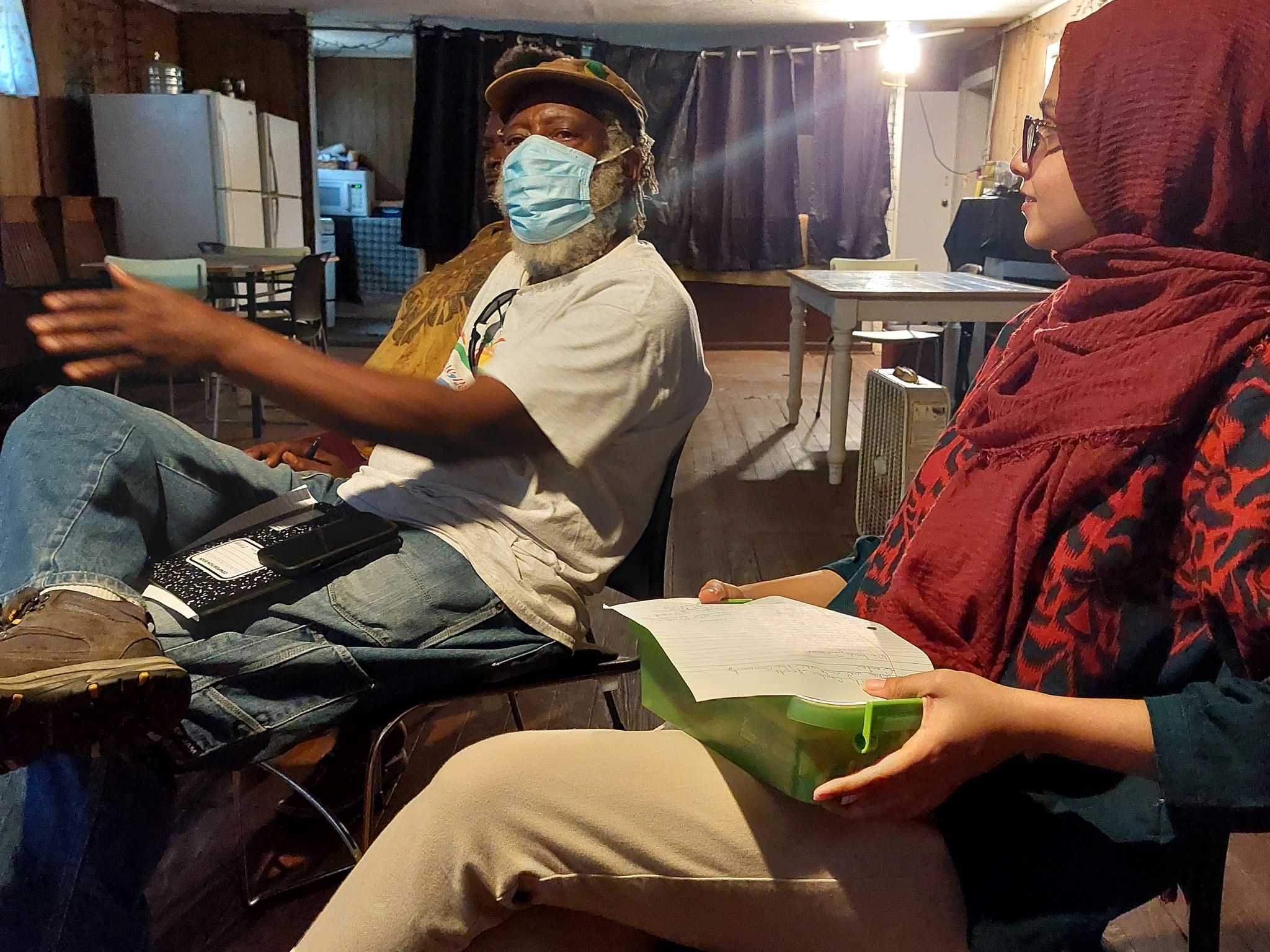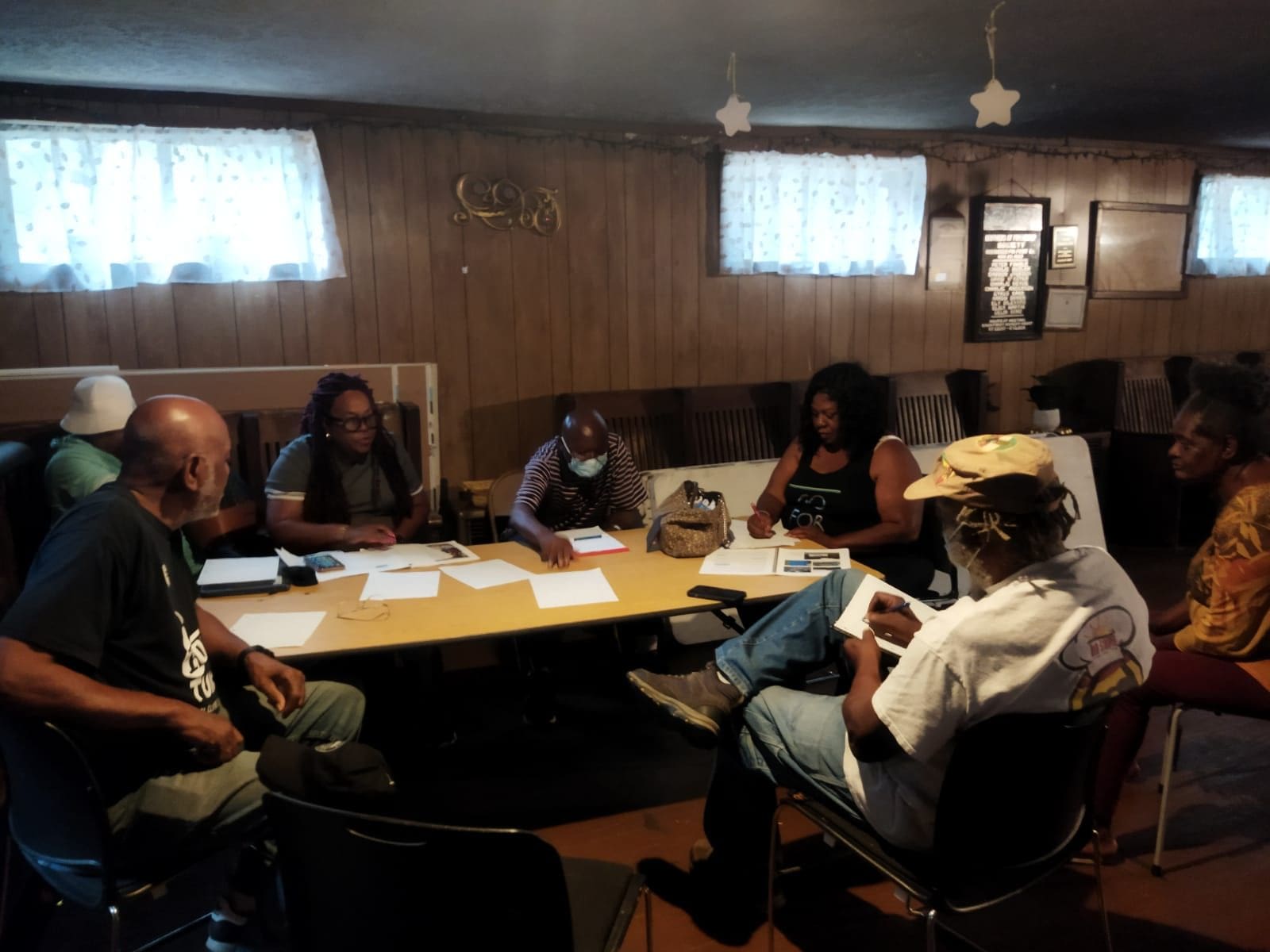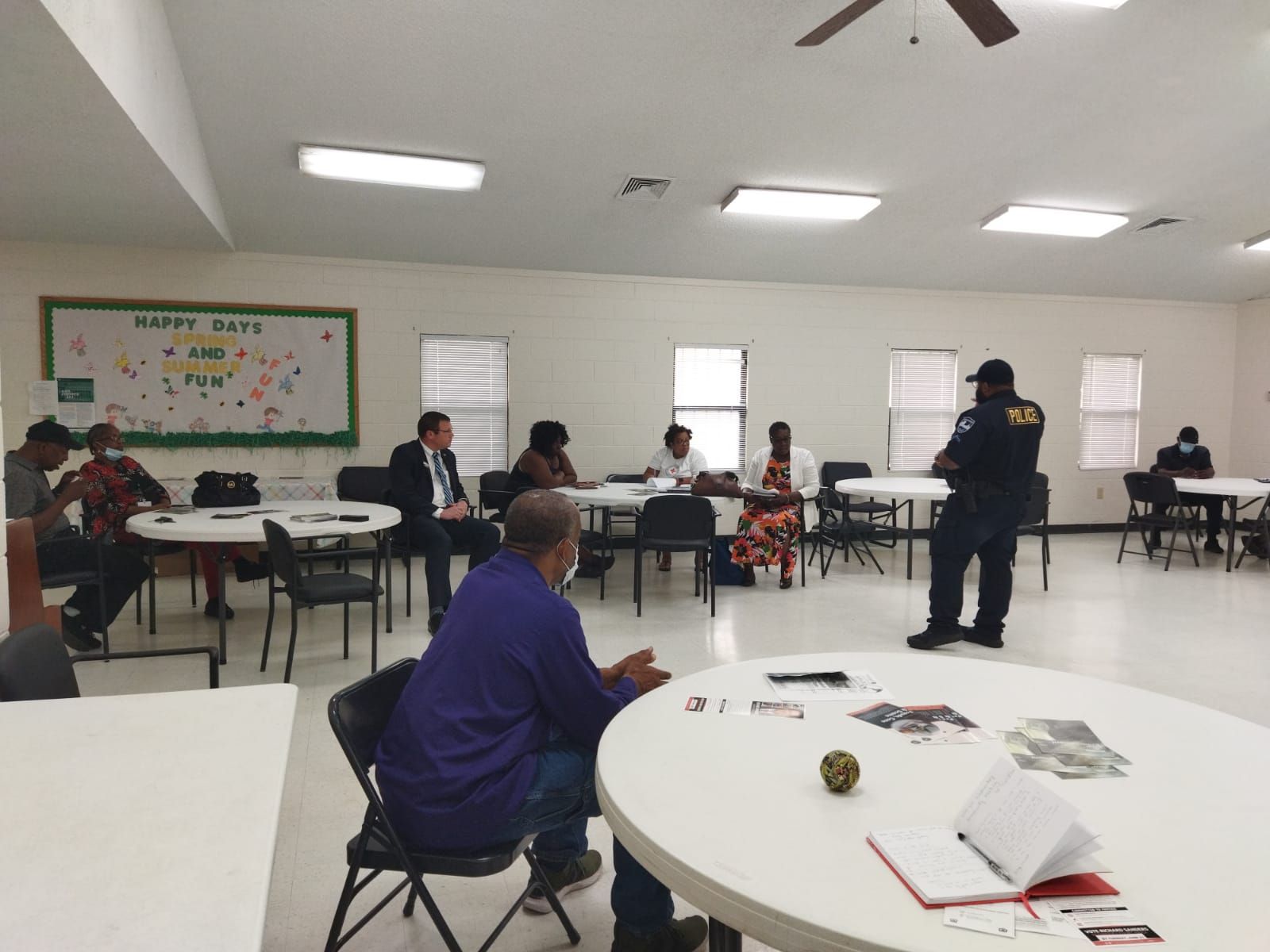Climate Resiliency for Vulnerable Communities in Savannah
Project Overview
Many working-class communities in Savannah are vulnerable to climatic catastrophes like flooding and rains. These communities consisting of minorities have been neglected by the government for long periods. Smart Sea Level Sensors, a start-up funded by the government, aimed to address flooding on the east coast of the USA. They collected data and identified communities within Savannah that were most vulnerable and in need of help. Through this project, they wanted to understand how government funds could be effectively utilized to help these communities achieve climate-resiliency.
Tools Used
Process
As an international student with no prior context, about the place and people, responsible for leading and running the project on my own, I started by collaborating with a local NGO that introduced me to the communities. I spent time with two of the oldest communities in Savannah namely the Pinpoint and the Woodville, to learn about their lives, issues, and gain their trust. After building a rapport, I conducted multiple design thinking workshops separately with each community to help them identify what their issues were and how they would like to address them using the funding, in order to become more climate resilient.
Outcome
The communities recognized the importance of investing in their own strength and independence. Some of the recommendations the communities made for utilizing the funds included:

Project information
- Location Savannah, USA
- Timeline May- August 2022
- Team Size Individual, with supervision from an NGO
- My Role Community Engagement Lead
- Company Smart Sea Level Sensors
- Project URL https://www.savannahga.gov/2937/Sea-Level-Sensors



